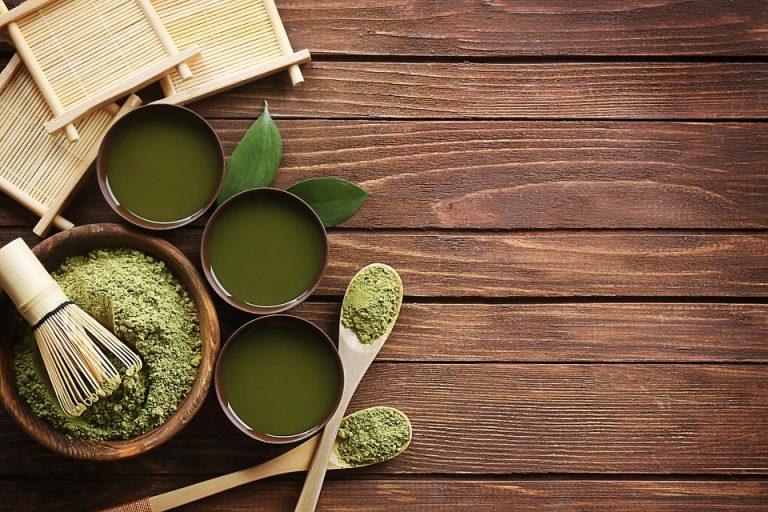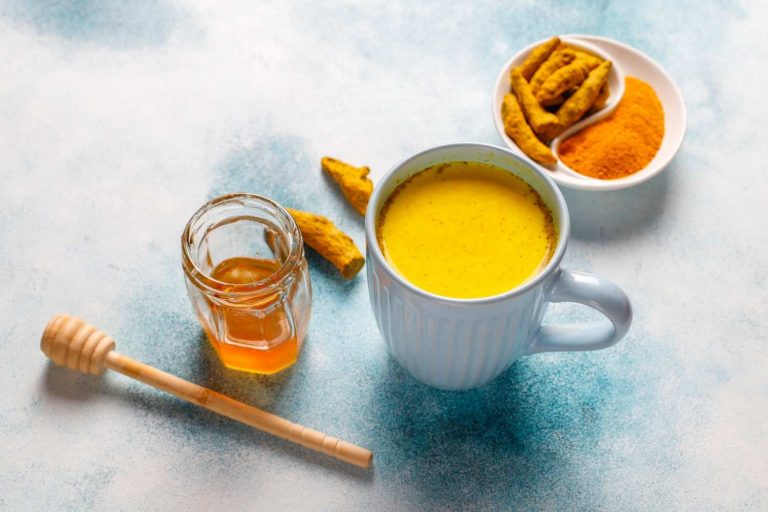Did you know that the spices you sprinkle on your food can play a significant role in your kidney health? It sounds surprising, right? But it’s true! While we often think of spices as mere flavor enhancers, many of them come packed with health benefits, particularly for our kidneys. Let’s dive into five spices that can naturally boost kidney health and explore how they can be easily incorporated into your daily meals.
Contents
1. Turmeric: The Golden Spice
Benefits
Turmeric, with its vibrant yellow color, is more than just a kitchen staple; it’s a powerhouse of health benefits. Its active compound, curcumin, has potent anti-inflammatory and antioxidant properties. Research has shown that turmeric can help reduce inflammation in the kidneys, which is crucial for those suffering from chronic kidney disease (CKD) (Khan et al., 2015).
Usage
Adding turmeric to your diet is easy. You can mix it into soups, stews, or even smoothies. For a warming drink, try golden milk—just combine turmeric with milk (or a plant-based alternative), a pinch of black pepper, and a dash of honey.
Caveats
While turmeric is generally safe, high doses can cause digestive issues for some. If you’re on blood thinners, consult your doctor, as turmeric can interact with these medications.
2. Ginger: A Zesty Companion
Benefits
Ginger is another fantastic spice known for its anti-inflammatory properties. It can help improve kidney function by enhancing blood circulation and reducing oxidative stress. A study published in the Journal of Medicinal Food found that ginger extract could significantly lower markers of kidney damage in diabetic rats (Shabir et al., 2018).
Usage
You can add ginger to your diet in various forms—fresh, powdered, or as a tea. Grate fresh ginger into stir-fries, add it to marinades, or steep it in hot water for a soothing ginger tea.
Caveats
While ginger is safe for most people, it can cause heartburn or digestive discomfort if consumed in large amounts. If you have a bleeding disorder or are pregnant, consult your healthcare provider before significantly increasing your ginger intake.
3. Cinnamon: The Sweet Spice
Benefits
Cinnamon isn’t just for your morning oatmeal; it can also aid in kidney health. Studies suggest that cinnamon may help regulate blood sugar levels, which is crucial for preventing diabetes-related kidney damage (Khan et al., 2012). Its antioxidant properties also contribute to reducing inflammation.
Usage
Sprinkle cinnamon in your coffee, yogurt, or baked goods. You can also brew it in your tea for a warm, comforting drink.
Caveats
While cinnamon is generally safe, excessive consumption can lead to liver damage due to a compound called coumarin found in Cassia cinnamon. Stick to Ceylon cinnamon for a safer option.
4. Garlic: The Flavorful Defender
Benefits
Garlic is known for its numerous health benefits, including its potential to support kidney health. It has anti-inflammatory and antioxidant properties, which can help protect the kidneys from damage. Garlic may also improve blood circulation, aiding in overall kidney function (Khan et al., 2016).
Usage
Incorporate garlic into your cooking by adding it to stir-fries, sauces, or roasted vegetables. For a more potent health boost, consider consuming it raw or lightly cooked.
Caveats
Garlic can thin the blood, so if you’re on anticoagulant medication, it’s essential to discuss your garlic intake with your doctor. Some people may also experience digestive upset from raw garlic.
5. Parsley: The Green Garnish
Benefits
Parsley is often overlooked as just a garnish, but it’s a nutrient-dense herb that can support kidney health. It has diuretic properties, which can help in flushing out toxins and excess fluids from the body. A study published in Phytotherapy Research highlighted parsley’s effectiveness in promoting kidney function (Gholamnezhad et al., 2016).
Usage
You can use parsley fresh in salads, smoothies, or as a seasoning for various dishes. You can also make parsley tea by steeping fresh parsley leaves in hot water.
Caveats
While parsley is safe for most people, those with kidney stones should be cautious, as it contains oxalates, which can contribute to stone formation.
FAQs
1. Can spices really help improve kidney health?
Yes, many spices have anti-inflammatory and antioxidant properties that can support kidney function and overall health.
2. How can I incorporate these spices into my diet?
You can add them to your meals in various forms—fresh, dried, or as teas. Experiment with different recipes to find what you enjoy!
3. Are there any side effects to using these spices?
While generally safe, some spices can interact with medications or cause digestive issues in high amounts. It’s best to consult your healthcare provider if you have concerns.
4. Do I need to use these spices every day for benefits?
While regular use can provide health benefits, incorporating them into your diet a few times a week can still be beneficial.
Conclusion
Incorporating these five spices—turmeric, ginger, cinnamon, garlic, and parsley—into your diet can be a delicious way to boost your kidney health naturally. They offer not just flavor but also a range of health benefits that can support your overall well-being.
As with any health strategy, balance is key. While these spices can be beneficial, they should complement a well-rounded diet and healthy lifestyle. Always consult with a healthcare provider before making significant changes to your health routine, especially if you have underlying health conditions.
Disclaimer: This article is for educational purposes only and is not a substitute for professional medical advice. Always consult a qualified healthcare provider before making changes to your health routine.
References
-
Khan, M. I., et al. (2015). Curcumin and its potential effects on kidney disease: A review. Journal of Medicinal Food. Retrieved from https://www.liebertpub.com/doi/abs/10.1089/jmf.2015.0084
-
Shabir, G., et al. (2018). Protective effects of ginger extract on kidney damage in diabetic rats. Journal of Medicinal Food. Retrieved from https://www.liebertpub.com/doi/full/10.1089/jmf.2018.0013
-
Khan, A., et al. (2012). Cinnamon: A multifaceted medicinal plant. Journal of Medicinal Food. Retrieved from https://www.liebertpub.com/doi/abs/10.1089/jmf.2012.2540
-
Khan, M. I., et al. (2016). Garlic: A potential protective agent against kidney damage. Journal of Medicinal Food. Retrieved from https://www.liebertpub.com/doi/full/10.1089/jmf.2016.0071
-
Gholamnezhad, Z., et al. (2016). The effects of parsley on kidney function: A review. Phytotherapy Research. Retrieved from https://onlinelibrary.wiley.com/doi/full/10.1002/ptr.5711
Get Your FREE Natural Health Guide!
Subscribe now and receive our exclusive ebook packed with natural health tips, practical wellness advice, and easy lifestyle changes, delivered straight to your inbox.




